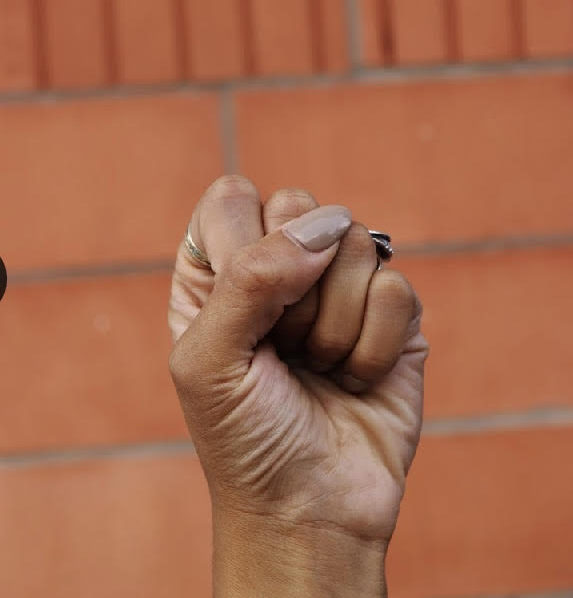How rap artists carry important messages within their lyrics
Rap music has become overwhelmingly popular within the past few decades. From heavy bass lines over syncopated drums, to the poetic flows of artists who spit on the beat, many people enjoy listening to rap music at parties, during workouts and for other various reasons. But for rappers, their music is a form of expression and a platform to implement social change.
A common theme for today’s rappers is the emphasis on social issues and opportunity to express important topics that aren’t otherwise talked about in mainstream ideas by incorporating it into the lyrics. “I do take lyrics seriously; it catches listeners’ ears,” said Devin Allen, a senior communication major who always wears headphones while walking to class. In essence, it takes less than 3 minutes for an artist to make an impact on a listener.
Take for instance the newly famed rapper Logic, a biracial man from Maryland who struggles with his racial identity of being too white for the black folks but too black for the white folks. In his song “Mixed Feelings” he wrote, “While the whites got whiter and the blacks got blacker, I was hurting, doing everything I can, perceived as a white boy with the soul of a black man.” This example highlights the struggle of the constructed racial division between both the white and black communities, but even more so, the colorism and self constructed racial division that exists within the black community.
Some say the roots of the dissection and separation of blacks, based on lighter versus darker skin, stem from the plantation days when the slave master intentionally created a social class system within his own household: keeping the fair skinned or biracial slaves in the house, while darker skinned slaves were out in the field.

As a result, a physiological class system was born that still plagues the black community from being fully able to come together to fight institutionalized racism that affects the community as a whole. Because colorism has been taboo for many black and biracial households, Logic has broken down those barriers and continues the conversation for social justice.
In addition, Childish Gambino has fueled controversial conversations over social justice relating to his newest song “This is America.” In his song he sings “This is America, don’t catch you slippin’ now.” In America, reports of gun violence and police brutality have recently surfaced in the news. Whether some agree or disagree on the severity, the culprits or how to address issues, Childish Gambino is using his platform to bring this to light and has forced people of all races and political affiliations to continue the national conversation about gun violence and police brutality.
Mental health affects all communities regardless of race, economic or political background. For a long time, there has been a stigma surrounding this topic, making it another social taboo in this nation. For example, rapper Kanye West, is coming to terms with his own struggles with mental health, as he has been battling bi-polar disorder.
In his new album, Kanye tells his story vividly as he explains his contemplation about suicide, “Today I seriously thought about killing you, I contemplated, premeditated murder. And I think about killing myself, and I love myself way more than I love you, so.”
Despite how graphic and disturbing those lyrics can be perceived, Kanye being bold enough to talk about it may show people that they can be candid about their struggles with mental health, which could lead to them seeking professional help and not feeling alienated by having mental health problems.
Our nation is still struggling to accept that mental health is a serious issue that needs to be addressed. Having songs that are widely listened to puts these topics at the front of the stage, giving people the opportunity to come to terms with the topic and possibly an avenue for overcoming it by simply not ignoring it anymore.
While rap music is fun, expressive and melodically pleasing, there are deeper messages that people can take away from the catchy and melodic genre.












